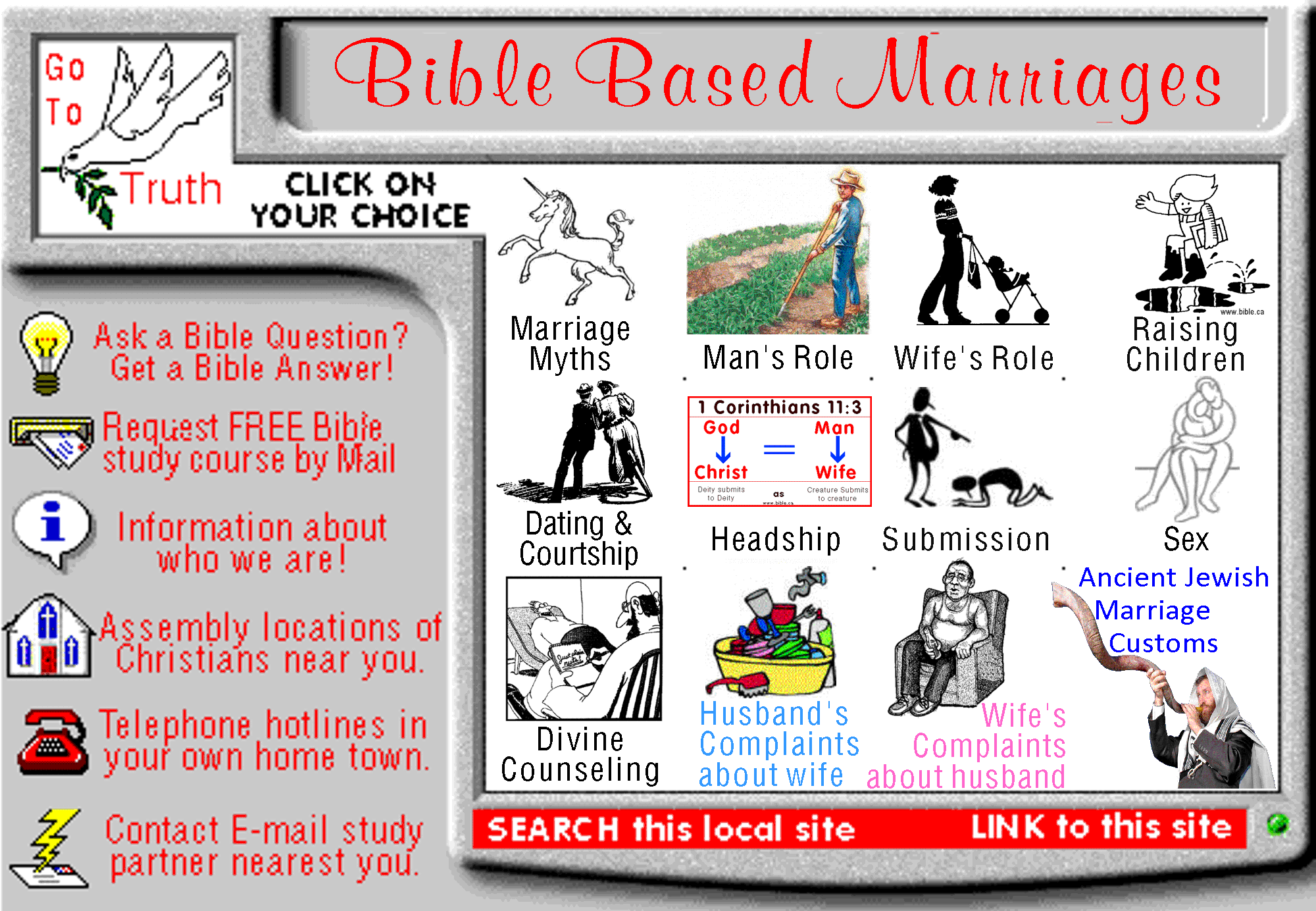
Child Development charts with age:
A. Mental, Emotional, Social Development Of Children By Age: Chart
|
Ages |
Mental |
Emotional |
Social |
|
2-3 |
-attention span 3-4 minutes longer when he enjoys -short memory -Actions & objects much easier to understand than words -Confuse real & imaginary -Believes all you say -Able to choose between two possibilities Can follow two different directions |
-Extremely curious -Ritualistic: needs order in daily routines Repetition -Doesn't understand teasing -Meets frustration with crying, kicking, biting -Meets correction with temper outbursts |
-Completely self-centered -Willing to conform -With guidance, recognizes others' rights and waits briefly for own turn -Imitates parents in worship -Attitudes toward others, authority, parents, & God is formed in these years -Wants to help & please -Nervous system sensitive to over-stimulation by noise and confusion |
|
4-5 |
-Have attention span of between 5-10 minutes -Reasoning is based on appearance, observation powers not accurate -No understanding of cause and effect -Unable to consider the motivation behind action -Fantasy is at its height Has a great imagination |
-Learns to develop attitudes concerning right and wrong -Tries to sort out real from what is pretend -Aware of what people think and say about him Fears people laughing at him -Enjoys obedience and thrives on praise |
-Imitates adults -Leadership is beginning to show and tends to be bossy -Can learn to share with one or two others -Learning to understand fairness |
|
6-8 |
-Have attention span of 15-20 minutes -Are concrete and literal minded -Have little realization of chronological sequence |
-Tells you exactly how he feels: sick, happy, or miserable -Thrives on praise and acceptance -He exercises his feelings rather than self-control -Self-confidence in his ability to know what and how things are done |
-Are concerned about group acceptance -Likes to assert himself. Wants to be first, best, biggest and to win -Can begin to give of self. Starts to demonstrate generosity and kindness -Protective attitude toward younger children |
|
9-12 |
-Have attention span of 30-45 minutes -Likes to be challenged -Can learn abstract concepts like sin |
-Growing understanding of principles behind rules -Self-righteously & rigidly applies his code of rules -Sensitive to his own failures and shortcomings -Able to see own actions & motives objectively -Able to analyze failures & makes plans to act change |
-They want to join, to become affiliated with the beliefs and values of the important adults in their lives -Can begin to sacrifice self-interest for others -Can learn not to compare himself with others |
B. Age/Behaviour chart in church services:
See also:
How to survive a church service with [your] small children!|
Age |
What To Do And Expect |
|
0-1 |
Focus on food, rocking & movement, a soft toy will provide eye and touch stimulation. Clean up any mess. You are setting a good example and are encouraging many. |
|
1-2 |
Continue with above except for food. Begin practicing to sit still. Don't let them wander around reserve soft toys for assembly time only. Remember your actions are teaching your children! |
|
2-3 |
Can learn to sit quietly, sing, pray & give. Teach to face forward. Teach your children that we are here because we want to be. |
|
3-4 |
Can learn to go to washroom before assembly. Bring less toys & more books. Teach them to keep their hands to themselves. Teach them 'we' are here to learn about God. |
|
5 |
A clipboard with a pen that clicks closed will keep them occupied. Don't allow them to draw until the preacher begins his sermon. Teach them that 'they' are here to learn about God. |
|
6 |
Buy easy read Bible as they begin grade 1. Child can start listening to the preacher. Have them check each time a certain word is used in sermon. Ask the preacher for this word. Teach them that they can only learn about God if they will listen. |
|
7 |
Can be taught to listen. Ask questions after service about what they learned. Talk about lesson with them. Be positive & encourage them. Teach them they need to learn how to use Bible. |
|
8+ |
The children can be expected to pay full attention, even taking notes. Teach them that they can find out the answers to their questions and their problems from God's Word. |